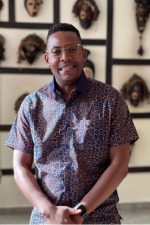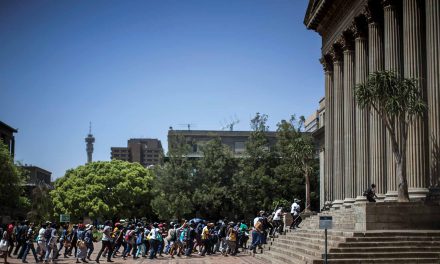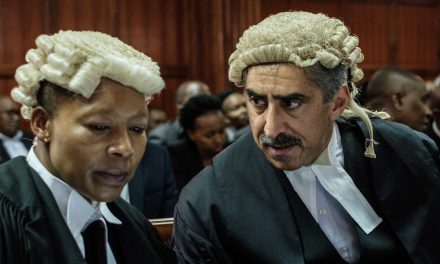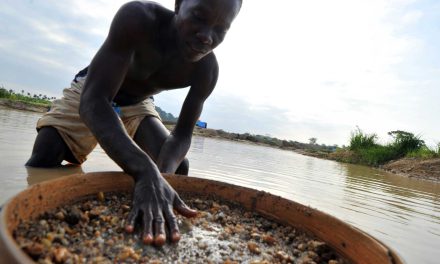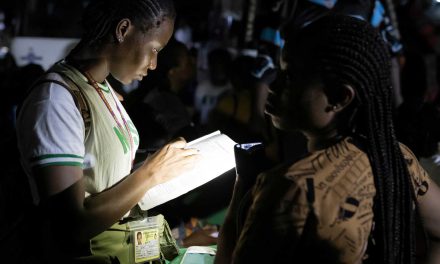In January 2015, during the African Union summit in Addis Ababa, member states adopted the Agenda 2063 framework. The ambitious economic blueprint aims to promote inclusive growth and sustainable development in Africa over the next four decades. It consists of seven aspirations and 20 goals covering various priority areas, including healthcare, education, employment, governance, democracy, culture, and technology.
The agenda seeks to transform Africa into a prosperous, integrated, and peaceful continent, but a look at the Agenda 2063 dashboard reveals that the continent’s overall score on all aspirations is only 33%, which is not inspiring.
Technical and politico-socioeconomic challenges have hindered the transformation of the continent and caused some stunted growth of its key areas, such as social welfare, agriculture, education, healthcare, infrastructure, economic and industrial development, intra-regional trade, and scientific and technological know-how. Technical challenges include citizens’ lack of awareness and information about the agenda, lack of data on citizen support, and difficulty in tracking implementation. Politico-socioeconomic challenges include political instability, military coups, “third-termism”, corruption, poor governance, lack of infrastructure, and poverty.
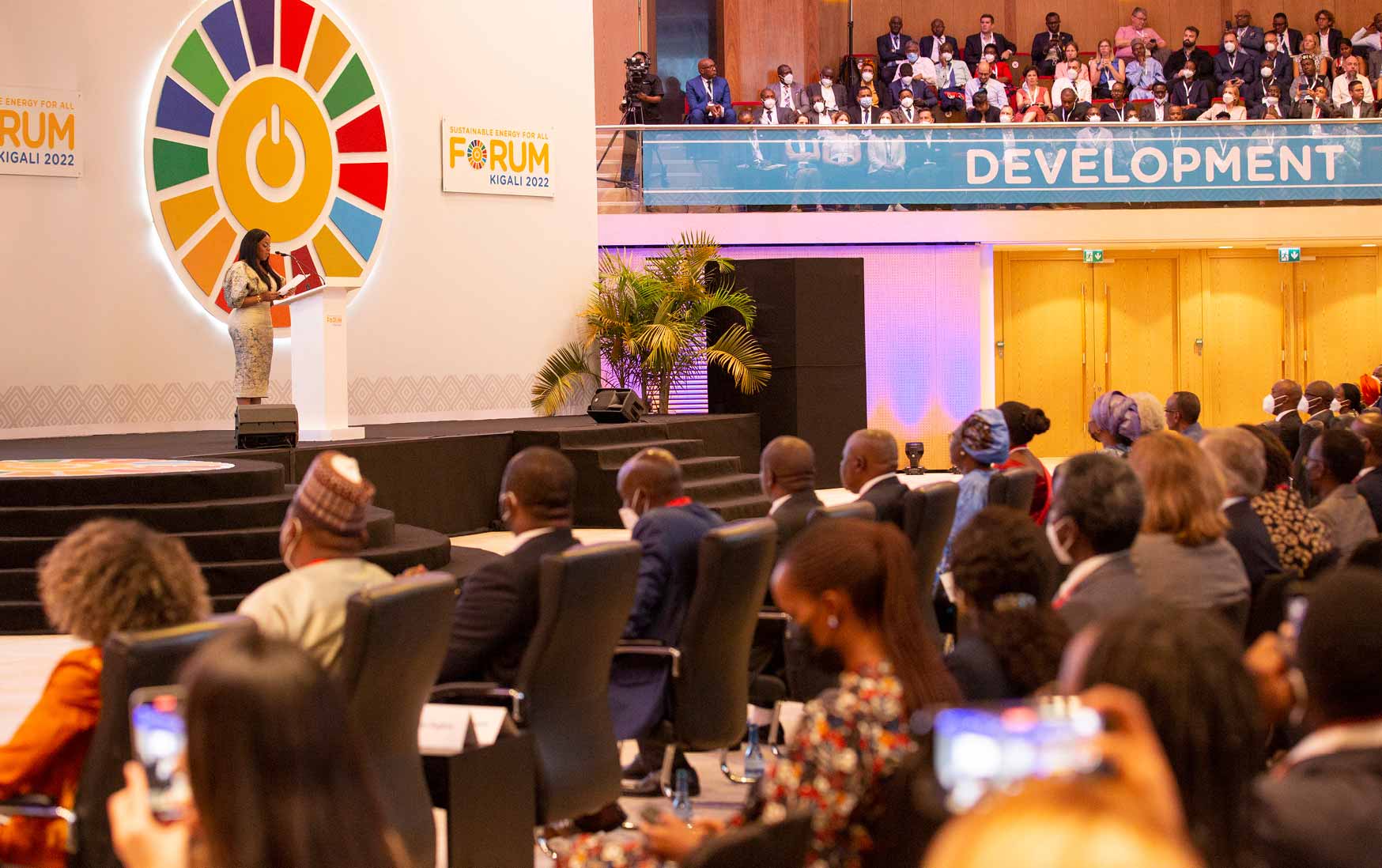
The 2022 Sustainable Energy for All Forum in Kigali, Rwanda. (Photo: flickr.com/98168367@N06)
While some AU member states have caricatured civil society organisations as the residue of white interests clinging to privilege, strategic partnerships between the AU, its bodies and civil society organisations are key to mitigating these technical and politico-socioeconomic challenges.
Inclusive governance is a core pillar of the AU’s ambitious development agenda, as it is essential to involve all facets of society in the process. The interests of African citizens must be represented, making civil society involvement crucial if the AU is to achieve its ambitious development plan given the challenges already discussed. According to author David Harrison (2020), “Civil society is a neuroelectric system which can sense and signal changes in every cell”, emphasising the importance of civil society in realising the agenda.
Without civil society the agenda becomes less responsive to the challenges and needs of African citizens, so in a continent facing deteriorating governance and increased poverty, civil society organisations (CSOs) form a vital building block of development and continental cohesion. Indeed, the AU does consider CSOs as important partners for achieving the continent’s socioeconomic and political aspirations. In July 2004, it established the Economic, Social and Cultural Council (ECOSOCC), an advisory organ mandated with providing African civil society organisations with an opportunity to play an active role in contributing to AU principles, policies and programmes.
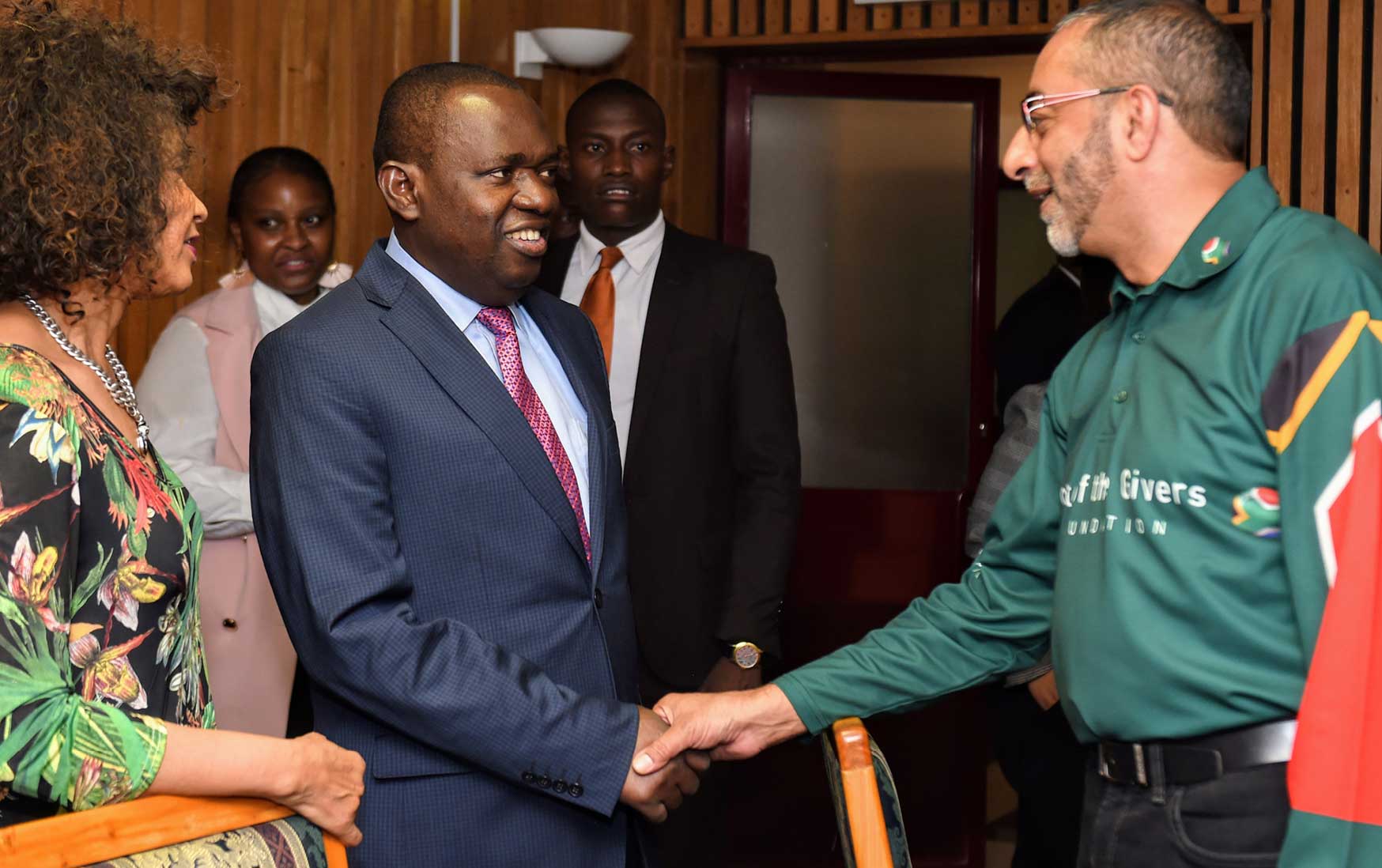
Founder of NGO, Gift of the Givers, Imtiaz Sooliman (R), with Minister of International Relations and Cooperation Lindiwe Sisulu and Minister of Transport Blade Nzimande hand over a humanitarian package to the people
of Zimbabwe. (Photo: flickr.com/governmentza)
As the head of the ECOSOCC Secretariat, William Carew, has noted, “the African Union recognises the value of civil society in the consolidation of our democratic gains, and the African Union in fact considers civil society organisations to be vital partners for achieving the socioeconomic and political aspirations of the continent.”
Collaboration and cooperation between the AU and civil society organisations can remove impediments that alienate African citizens from the agenda and help Africa achieve its goals.
What can civil society do? These organisations have been crucial in filling the gap created by the inefficacy of member states and their structures to fully render services to the continent. As Niger’s Minister of Trade and Private Sector Promotion, Secko Seydo, noted during a civil society forum organised in July 2019 by the African Union Commission, in partnership with the United Nations Economic Commission for Africa and the Coalition for Dialogue on Africa: “Civil society organisations play complementary political roles, such as acting as gatekeepers, advocates, mobilisers, educators, researchers, and policy analysts.”
Therefore, embraced as an equal partner, civil society organisations can help popularise the AU’s most important normative frameworks, such as the African Charter on Democracy, Elections and Governance. In countries with worsening democratic governance, for example, civil society can work closely with AU organs to promote advocacy for the ratification, domestication, and implementation of AU normative and institutional frameworks. Civil society’s voice is vital in this regard.
Collaboration between civil society and the AU is also crucial for facilitating the exchange of data and information relevant to achieving the agenda’s goals and aspirations. CSOs involved in surveys, for example, can partner with the AU and share their data, to inform and guide the approach to accelerating the implementation of the agenda.
In this regard, research network Afrobarometer’s Data for Governance Alliance project deserves recognition for promoting democracy, governance, and a human rights agenda by collecting and collating data and ensuring access to it. Improving data-driven advocacy capacities is critical for the agenda’s success, and projects like these demonstrate that CSOs can develop sustainable solutions that address the challenges facing the agenda.
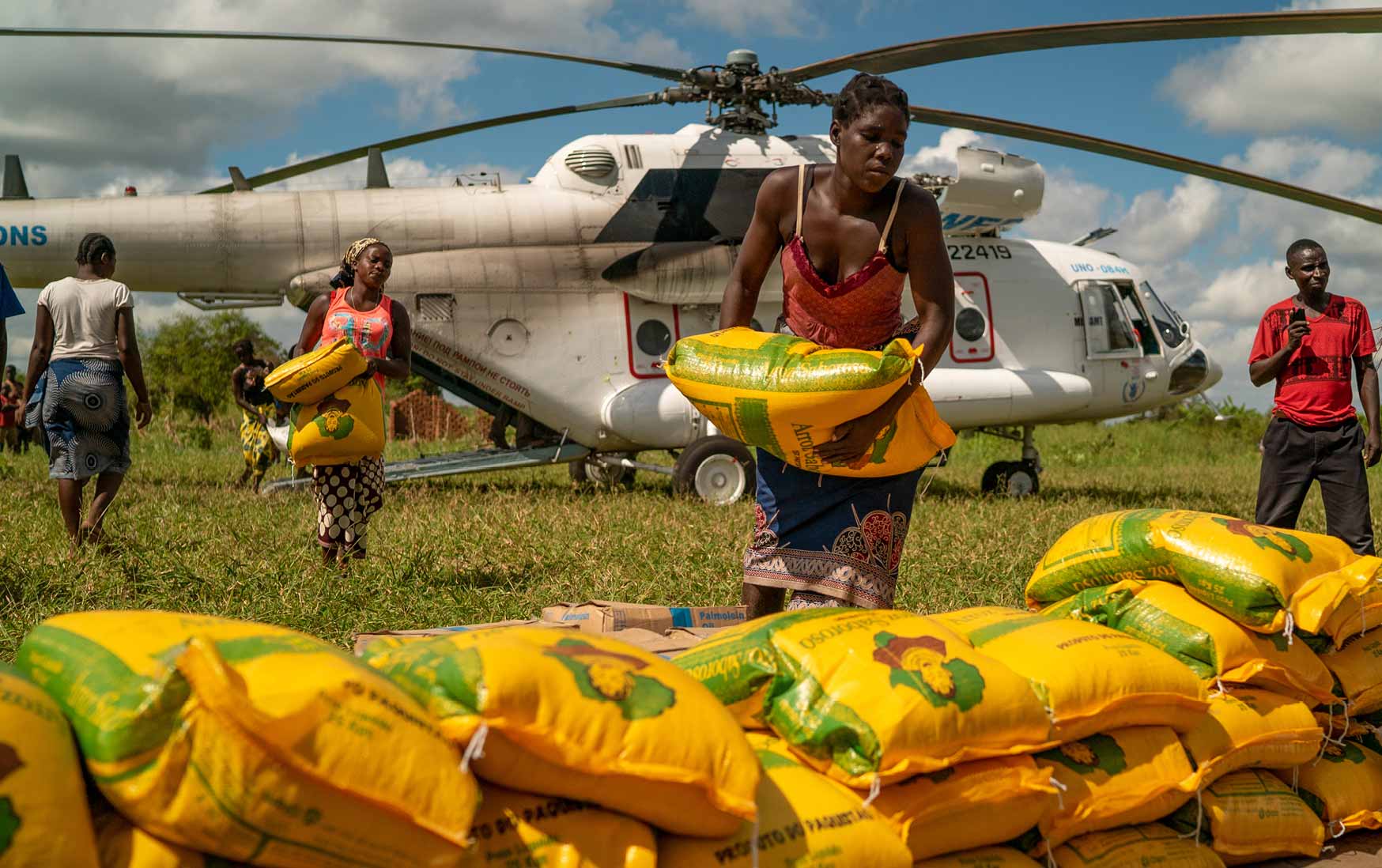
Local women help unload humanitarian aid from a World Food Programme helicopter in Bebedo, Mozambique, during humanitarian relief efforts following Cyclone Idai. (Photo: flickr.com/africom)
Cooperation between CSOs and the AU has another significant advantage: increased accountability and transparency, both of which are crucial for realising the agenda. Honest cooperation and collaboration will also promote transparency in the AU’s decision-making processes, enhancing its credibility and legitimacy in the eyes of citizens. This, in turn, will increase citizen ownership and support for Agenda 2063.
Partnership and cooperation between the AU and civil society is therefore a strategic solution for implementing the agenda, rallying support for it and ensuring that the AU’s normative and institutional frameworks are popularised, ratified, domesticated, and implemented by member states. As leaders in advocacy, lobbying, and activism, civil society organisations can ensure that citizens’ voices and perspectives are reflected in the agenda, intensifying people’s voices, perspectives, and opinions on challenges affecting the agenda, and offering solutions on how to address them with leadership. For instance, the AU’s theme this year is “accelerating the implementation of the African Continental Free Trade Area (AfCFTA)”. Civil society has a role to play in ensuring that citizens take more ownership of this initiative.
In conclusion, a collaboration between civil society organisations and the AU is essential for realising Agenda 2063. CSOs play a crucial role in advancing the agenda by serving as a voice for the people and providing feedback on policies and programmes. The AU, therefore, must adopt a more proactive approach to engaging civil society so that more inclusive governance takes hold within member states and the agenda framework is successfully implemented.
Finally, collaboration provides a platform for exchanging ideas and information, increasing accountability and transparency, and enhancing cooperation and trust between stakeholders, all of which are crucial in ensuring Africa becomes a prosperous, integrated, and peaceful continent for all its citizens.
Nyasha McBride Mpani is the Project Leader for the Data for Governance Alliance Project (D4GA) at the Institute for Justice and Reconciliation in Cape Town. The D4GA project promotes Pan-African CSO public data advocacy and strengthens the implementation of the African Union’s Agenda 2063. He was an Advocacy Fellow at the Centre for the Study of Violence and Reconciliation (CSVR) and previously, a Parliamentary Program Assistant at the Democracy Development Program (Durban). Nyasha has also worked as a Researcher at Tri Facts. He is a PhD candidate at the University of Cape Town. He holds an MPhil in Development Studies from the University of Cape Town and a BSc in Sociology from the Great Zimbabwe University.

